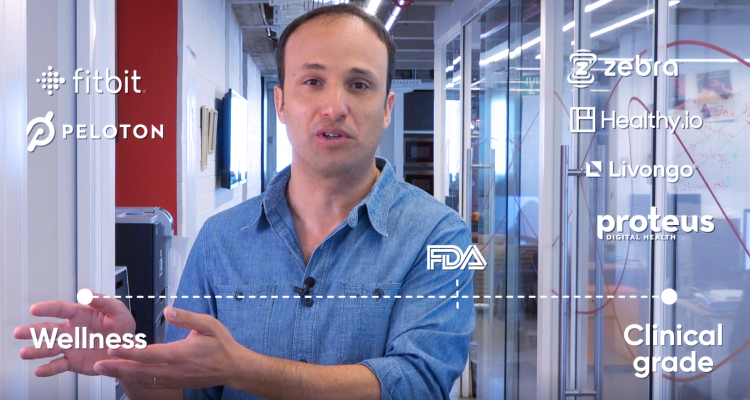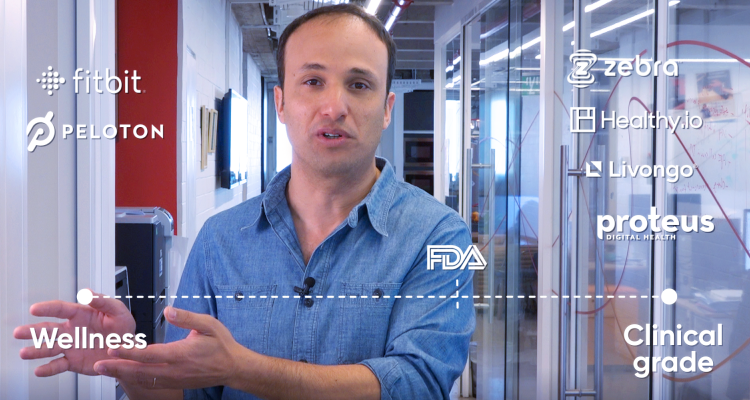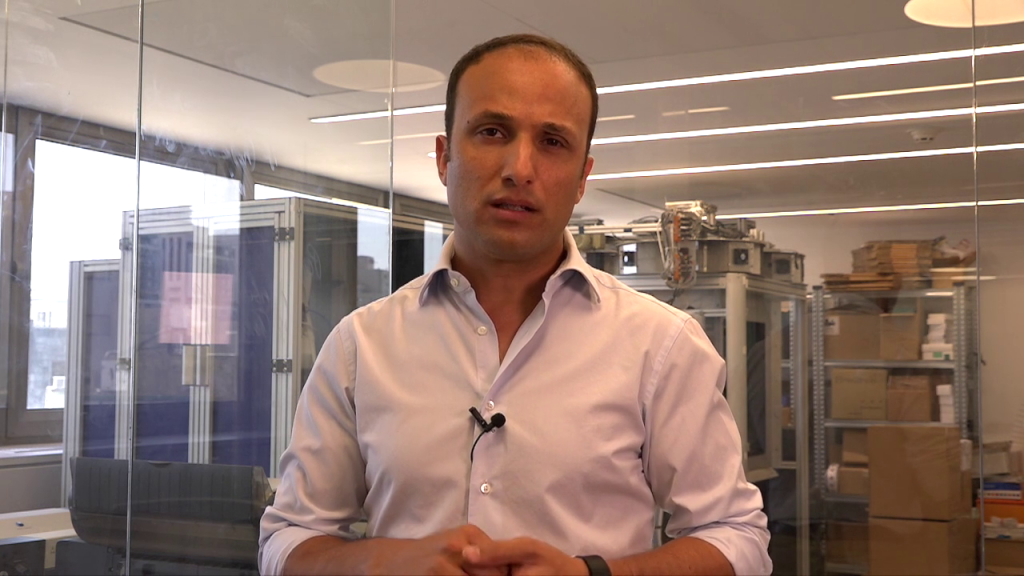Digital health is used as a label for everything from consumer-facing wellness companies to companies bordering on the pharmaceutical domain. This creates a lot of confusion. What does digital health really mean?
In this video, our CEO Jonathan (Yonatan) Adiri explains how he sees digital health by exploring the differences between camels and unicorns.
Video Transcript
So the JP Morgan health care conference concluded last month. There was a lot of chatter about digital health and its current state of affairs. Leading journalist Christina Farr from CNBC raised great points about what digital health really means today, especially when it is used as a label for companies with dramatically different products, offerings, and services.
I think of digital health as a continuum. On the one end are consumer-facing wellness companies like Fitbit, Peloton, etc. These companies aren’t clinical-grade or FDA cleared and they don’t need to be. On the other end of this continuum are clinical grade companies that are working to digitize medical processes like Proteus Digital Health that’s actually bordering on the pharmaceutical domain.
There is a very clear line that divides this continuum and it’s FDA clearance. The wellness end of this continuum is the lush habitat of the unicorn. Companies that can apply consumer technology and business tactics for rapid growth. They take risks, move fast, and break things. They can do it because it’s not a clinical grade domain. These unicorns are great. They have brought us exciting new technology that has changed the way we live, work, and play.
But unicorn tactics don’t work as you move towards the other end of the continuum, where you are dealing directly with people’s health. The unicorn approach can be the downfall of companies in this territory. It’s a lot less lush. It’s more like a desert.
Instead, companies on this side should adopt a camel mentality. The camel can move quickly, but it also has the stamina for the long haul of the arid desert. Regulatory processes, long sales cycles, and at the end of the day, the integration into health care systems. It takes time to develop evidence-based, clinical grade products and earn the trust of health systems and professionals.






